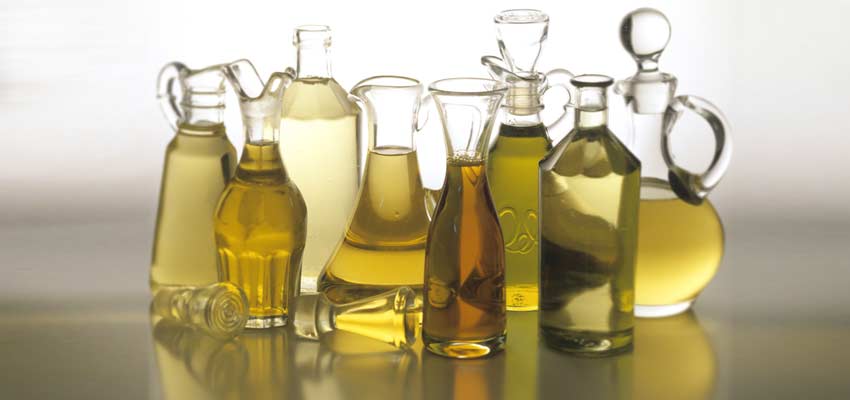In addition to gentle cold pressing, the extraction of fats using the approved solvent hexane is predominantly used in the industrial processing of oilseeds for the production of vegetable oils and fats.
The Greenpeace France report takes a critical view of the use of n-hexane. This solvent is now classified as a confirmed neurotoxin. It also acts as an endocrine disruptor. Therefore, no residues of the solvent may remain in food or in the press cake used for livestock feed. Solvent extraction is currently only prohibited for organic products.
The use of hexane as a processing aid does not have to be declared on the products. Due to the production process of the ‘technical hexane’ used for fat extraction, it is not a pure compound but a mixture of similar hydrocarbons. Depending on its origin and the process used, this mixture contains 50–85% n-hexane and a variety of similar, undefined hydrocarbons, including aromatic compounds such as benzene (carcinogenic and mutagenic) and toluene.
On 23 May 2025, the EFSA was commissioned by the European Commission to reassess the safety of using technical hexane as an extraction solvent in the production of food and food ingredients. However, the topic of ‘hexane in animal feed’ was omitted from this commission. Greenpeace France also considers this to be scandalous.
The full report (in French) can be found :
YOUR PLUS: AGROLAB Dr. Verwey is the specialist laboratory for the analysis of oilseeds, vegetable fats and oils in Europe. It goes without saying that we test raw, intermediate and end products along the entire production chain for residues of extraction solvents, including n-hexane. Although the current limit value is still 1 mg/kg, we have already adapted our method to the planned future reduction to 0.1 mg/kg and are already applying it on request.
Author: Dr. Frank Mörsberger, AGROLAB GROUP

 Contact
Contact

 Contact
Contact Career
Career